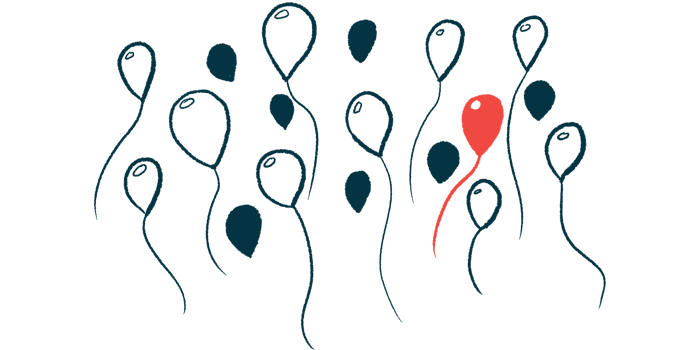Raising awareness with the AADC Family Network this Oct. 23
Nonprofit will hold 6th annual AADC Awareness Day event online
Written by |

The AADC Family Network will host its annual AADC Awareness Day event this Thursday, once again seeking to raise the profile of this ultra-rare genetic disease.
The event, now in its sixth year, is held annually on Oct. 23 to raise awareness about aromatic L-amino acid decarboxylase (AADC) deficiency. As in years past, the event will be hosted online, slated for 11 a.m., with participation possible from anywhere in the world.
The event will be hosted by Kelly Heger, founder of the AADC Family Network, and Bob Coughlin, former CEO and current board member of the Massachusetts Biotechnology Council.
According to the nonprofit’s website, Heger’s daughter Jillian, now in her 20s, was the fourth child in the world to be diagnosed with AADC deficiency.
AADC is an enzyme needed to make certain neurotransmitters — signaling molecules that nerve cells use to communicate with each other and with the rest of the body.
A rare disease, AADC deficiency is caused by mutations in the gene that provides instructions to make the AADC enzyme. As a result, patients have little or no AADC enzyme activity, so they can’t make enough neurotransmitters. This ultimately leads to a range of neurological symptoms that can include behavioral challenges, difficulty communicating, disordered movement, and seizures.
According to the nonprofit, “because it is difficult to diagnose, AADC deficiency is sometimes mistaken for cerebral palsy or epilepsy.”
Awareness Day event launched during COVID-19 pandemic
AADC deficiency is extremely rare — current evidence indicates that it affects approximately 1 of every 64,000 babies in the U.S. It’s a bit more common in some other parts of the world, such as Taiwan, but even there, about 1 of every 32,000 babies is born with AADC deficiency.
Living with such a rare disease can feel incredibly isolating for families, and it can be hard to find support and connect with others who intimately understand the unique challenges that AADC deficiency can bring. The AADC Family Network, founded in 1988 by parents with a child with the disease, aims to support families affected by AADC deficiency.
The network began hosting its yearly Awareness Day Event in 2020 during the early days of the COVID-19 pandemic, aiming to bring the AADC deficiency community together to commiserate and celebrate successes. The years since have seen cause for celebration, including the gene therapy Kebilidi (eladocagene exuparvovec-tneq) becoming the first approved treatment for AADC deficiency in the U.S. The U.S. approval followed earlier approvals of the gene therapy in the European Union and in the U.K., where it’s sold as Upstaza.
The AADC Family Network is part of the ALADD (Aromatic L -Amino Acid Decarboxylase Deficiency) Foundation, a larger organization focused on funding research and offering support for people affected by AADC deficiency.






